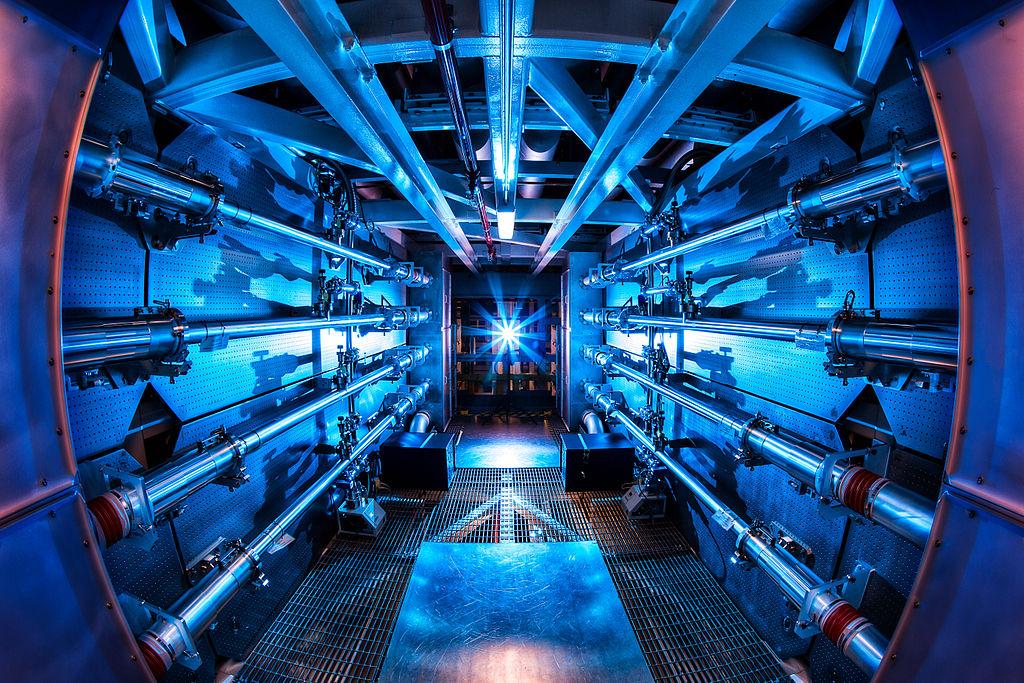Two Republican senators introduced legislation on July 29 to require the Department of Energy’s (DOE) National Laboratories to administer intelligence-grade polygraph tests to all applicants from nations on the State Department’s “Countries of Particular Concern” list and who lack green cards.
The as-yet-untitled legislative proposal, S. 4634, is co-sponsored by Sens. John Barrasso (R-Wyo.) and Roger Marshall (R-Kan.). The measure would require the DOE to administer the polygraph tests to all applicants from countries such as China, Russia, and Iran who don’t have green cards and are seeking employment at one of the nation’s 17 national laboratories.





